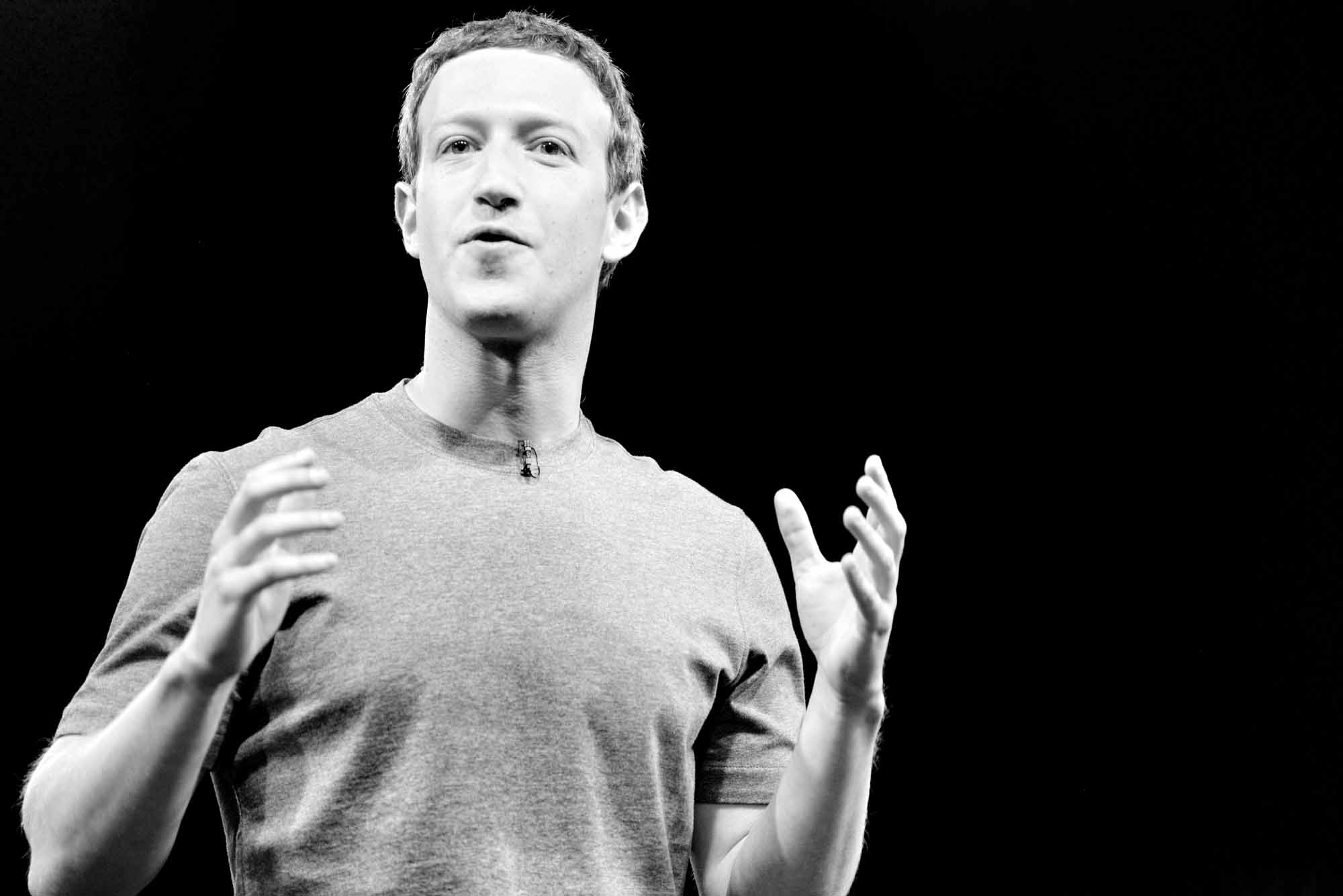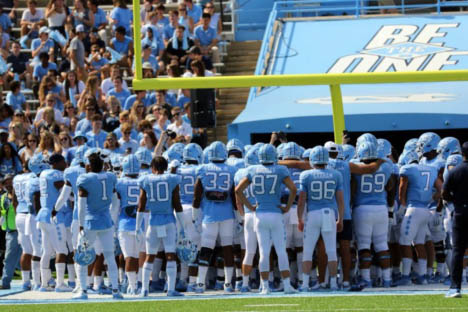
In the wake of the data scandal that involved millions of people’s personal data being potentially shared with Cambridge Analytica, Mark Zuckerberg—CEO and co-founder of Facebook—faced US Congress to answer for the company’s involvement. Here’s what we know so far.
The scandal
The lid was lifted on Facebook’s relationship with Cambridge Analytica after the Observer published an account from a former worker from the firm. The academic, Aleksandr Kogan, had apparently used a personality quiz to harvest personal data from users of the social network and, through a company called Global Science Research (GSR), shared that information with Cambridge Analytica. At present, it is believed that 87 million people may have been affected (this figure includes both those who took the test as well as their friends, whose personal records the app also had access to).
In the US, Cambridge Analytica is backed by the Mercer family, whose heavy influence was thrown into championing Donald Trump during the presidential election in 2016. It is this association that has sparked allegations of election manipulation. Further revelations surfaced after Channel 4 News in the UK revealed a separate undercover investigation in which Alexander Nix, head of Cambridge Analytica, was filmed boasting of using dirty tactics in order to successfully swing elections. The incident saw Nix speak about an opportunity in Sri Lanka where he mentioned the creation of sex scandals and the use of fake news to swing votes.
Zuckerberg’s testimony to US Congress
This Tuesday, Zuckerberg faced US Congress for the first time since the scandal hit the headlines. Questions from the senate commerce and judiciary committees were fired at Zuckerberg on a number of pressing topics including privacy, regulations, data mining and Cambridge Analytica during the five-hour long hearing. Bombarded with cameras, Zuckerberg’s countenance was collected yet alert.
On rights to privacy
When asked in detail about user rights to privacy, Zuckerberg said the following:
“I believe it’s important to tell people exactly how the information that they share on Facebook is going to be used.
“To your broader point about the privacy policy […] long privacy policies are very confusing. And if you make it long and spell out all the detail, then you’re probably going to reduce the percent of people who read it and make it accessible to them.”
Senator Jon Tester then asked him: “You said multiple times during this hearing that I own the data. I’m going to tell you that I think that sounds good, but in practice you’re making $40 billion a year, I’m not making money on it. It feels like you own the data […] could you give me some idea on how you can honestly say it’s my data?”
Zuckerberg responded with, “When I say it’s your data, what we mean is that you have control over how it’s used on Facebook. You clearly need to give Facebook a license to use it otherwise the system doesn’t work.”
Tester countered with: “The fact is the license is very thick, maybe intentionally so.”
Cambridge Analytica
When probed on Facebook’s relationship and dealings with Cambridge Analytica, he said: “[From] what my understanding was … they were not on the platform, [they] were not an app developer or advertiser. When I went back and met with my team afterwards, they let me know that Cambridge Analytica actually did start as an advertiser later in 2015.
“So we could have in theory banned them then. We made a mistake by not doing so.
“When we heard back from Cambridge Analytica they had told us that they weren’t using the data and deleted it, we considered it a closed case. In retrospect, that was clearly a mistake. We shouldn’t have taken their word for it. We’ve updated our policy to make sure we don’t make that mistake again.”
Storing and selling data
“Yes, we store data… some of that content with people’s permission,” said the Facebook CEO.
When Senator Tammy Baldwin asked whether the neuroscientist Kogan had shared the data with any other users aside from Cambridge Analytica, Zuckerberg replied: “Yes, he did.”
Senator Cory Gardner read out parts of the terms of service offered by Facebook relating to account deletion—which mentions that backup copies of the profile may persist after an account is deleted for some amount of time—and questioned Zuckerberg about it. Zuckerberg said that he doesn’t really know how long those backup copies are kept, but generally expressed his belief that they are actually deleted.
Rules and regulations
Senator John Kennedy: “I don’t want to regulate Facebook but god help you I will […] I say this gently: your user agreement sucks. You can spot me 75 IQ points. The purpose of that user agreement is to cover Facebook’s rear end; it’s not to inform your users about their rights. You know that and I know that. I’m going to suggest that you go home and rewrite it.”
Zuckerberg’s testimony to US Congress continued: “I think the real question, as the internet becomes more important in people’s lives, is what is the right regulation, not whether there should be or not.
“We’re investigating every single app that had access to a large amount of information in the past. And if we find that someone improperly used data, we’re going to ban them from Facebook and tell everyone affected.”
Russian interference
“One of my greatest regrets in running the company is that we were slow in identifying the Russian information operations in 2016.
“We have kicked off an investigation … I imagine we’ll find some things,” Zuckerberg continued.
“This is an on-going arms race. As long as there are people sitting in Russia whose job is it to try to interfere in elections around the world, this is going to be an on-going conflict.”
Zuckerberg’s personal privacy
When asked by Senator Dick Durbin if he would be comfortable sharing the name of the hotel he stayed in last night he said: “No. I would probably not choose to do that publicly, here.”
“I think everyone should have control over how their information is used,” he added.
Accountability
In the closing of Zuckerberg’s testimony to US Congress, he took responsibility for the situation, citing his position and interest in making positive changes for the future: “It’s clear now that we didn’t do enough to prevent these tools from being used for harm. That goes for fake news, foreign interference in elections, and hate speech, as well as developers and data privacy.
“It was my mistake and I’m sorry.”
Are you convinced by Zuckerberg’s testimony to US Congress? Do you believe regulation will improve or is this the beginning of the end for Facebook? Give us your comments below.

















